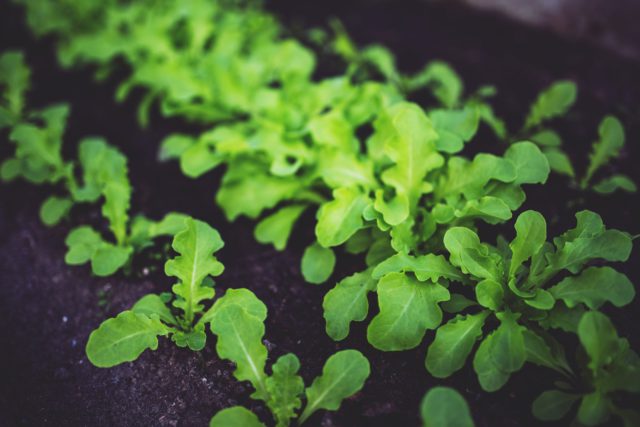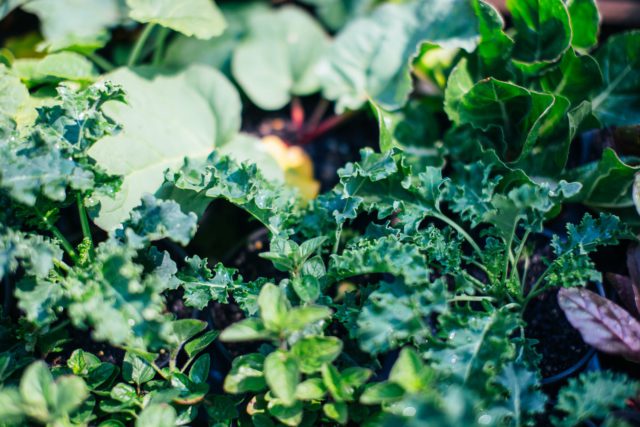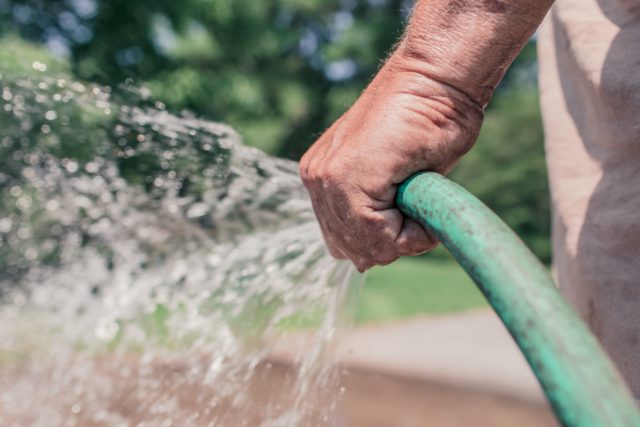Sustainable gardening can feel daunting. There is a whole science of ecosystems and biodiversity to be learned to do it properly – or so it seems. Yet, the truth is good gardening practices can go a long way to reducing our impact on the environment and moving us towards a sustainable lifestyle. Here we take you through some of the ways – big and small – that you can become more sustainable. Making a series of small decisions could make a significant difference for us all.
Related: Why Going Vegan Is Better for the Environment?
Grow organic products
The first step to sustainability is a reduction in the reliance on chemicals. Herbicides, pesticides, and artificial fertilizers all contribute negatively to the environment. While you may just be applying them to a small patch of weeds in your garden, the rain will cause these chemicals to run off into the local ecosystem. The consequences for local flora and fauna can be challenging.
Therefore, as best you can, you need to consider the entirety of the garden ecosystem. How does one element work with another element to bring balance? It might be that planting one type of flower in your garden will attract more wildlife that in turn will counter your aphid problem. While it takes a little more work and a longer-term vision than using chemicals, ultimately you will be doing more for the planet.

Grow your own and avoid food miles
Food miles are commonly touted as a major cause of environmental damage. First, there are the issues of mass-produced food in factory farming settings that are counter to the way nature works – and so keeps the planet out of balance. Second, is the transportation, the planes, boats, and trucks it took to get it to your plate. Finally, there are the methods used to keep that food fresh long enough to reach your table, usually with the help of plastic packaging.
Consequently, the best way to garden sustainably is in the growing of your food for your table. Not only will you oversee what chemicals are used to grow it, but you will also need only step into the garden and back to the kitchen to prepare it for your meal.
Investing in a polytunnel is a great way to extend the growing season and decrease further your reliance on the supermarket. If you do have to buy any food, try local farmers’ markets, which will bolster your efforts to help the environment.

More than just food
While herbs can be grown to make your food super tasty, they can also be used as cleaning products, beauty treatments and remedies for all sorts of ailments. Lavender is a wonderful means of helping induce relaxation. Any herb mixed with vinegar can be a wonderful cleaning product, especially those with a powerful smell.
Compost and harvest water
Sustainable gardening is also about using your resources efficiently. Harvesting water is the easiest place to start. Buying a water butt and putting it underneath a drainpipe should provide all the water you need to keep your garden refreshed. Most plants don’t thrive as well with tap water, which comes with chemicals too. Therefore, you will also be increasing your chances of a blooming garden if you use rainwater.
If you live in a low rainfall area, then you might want to capture runoff from all your outbuilding. Finding a system to gather water from the garage, shed, and polytunnels could provide all you need to irrigate your garden. If not, use mulch around your flowers, which will hold the moisture and stop it from draining through the soil.

Composting takes a little more effort. First, build yourself a composting bin; using old wooden pallets is a good way to recycle products that might otherwise go to landfill. Using a mixture of soil and your old biodegradable waste in layers like a trifle, you should leave it to rot down and make a dark mulch that you can dig into your soil as food for plants. If you want to accelerate the process, you can purchase worms.
Success at composting takes a little research. If you get it right, you will reduce your reliance on peat-based compost that you get at garden centers, which can be harmful to the environment.
Live a holistically better life
Realistically, if you want to help the planet, your efforts in the garden need to be matched with your behaviors elsewhere. You ultimately want to attain a zero-carbon, zero-waste lifestyle. If you reuse, recycle, and repair and lower your reliance on carbon energy sources, any efforts you make in your garden will be a net gain for the planet.
